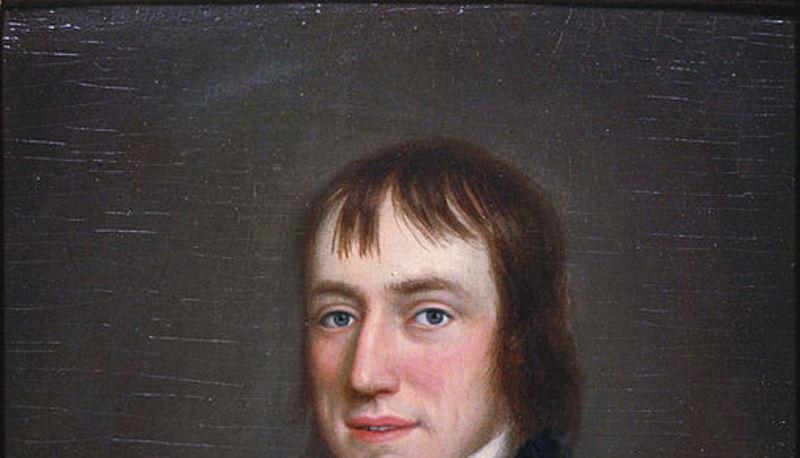Concetti Chiave
- Wordsworth sees Nature not just as scenery, but as a spiritual influence, identifying it with God in a pantheistic vision.
- Through interaction with nature, humans and the natural world become interconnected, turning natural objects into human-like forms.
- Communion with Nature is considered morally uplifting and spiritually enriching.
- The poet's role is to express and share these spiritual insights, awakening the imagination of others.
- Wordsworth describes the poet as a person of deep sensitivity and emotional strength, with a profound understanding of human nature.
Wordsworth e la natura
Wordsworth is particularly associated with his vision of Nature, seen not a s beautiful scenery, but as a spiritual influence on life. His vision is pantheistic, because he identifies the natural universe with God. In contact with the lakes and mountains of his beloved Lakeland, he is aware of “A presence that disturbs me with the joy / Of elevated thoughts…”: man and nature become fused through partecipation in the one “mighty being”, and natural objects like flowers or animals become humanised.

Il ruolo del poeta
Because God is present in Nature, communion with Nature is morally uplifting, and the task of the poet is to convey and comunicate his intuitions to the other men, to awaken their imagination. Poetry becomes a vocation, and the poet is a prophet, a man of uncommon emotional vitality who gives life its meaning. In his own words, a poet is “a man speaking to men: a man, it is true, endowed with more lively sensibilità, more enthusiasm and tenderness, who has a greater knowledge of human nature, and a more comprehensive soul.”
per approfondimenti vedi anche:






 Accedi a tutti gli appunti
Accedi a tutti gli appunti
 Tutor AI: studia meglio e in meno tempo
Tutor AI: studia meglio e in meno tempo